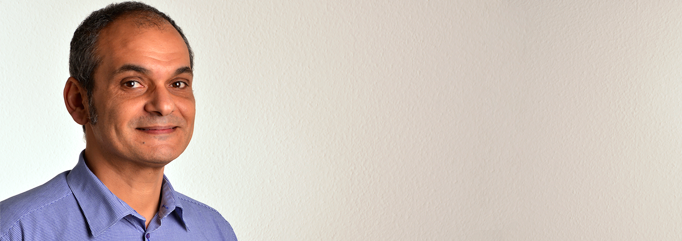
LATEST PUBLICATION: Lipphardt/Surdu/Ellebrecht/Pfaffelhuber/Wienroth/Rappold: “Europe’s Roma people are vulnerable to poor practice in genetics” Nature 599, 368-371 (2021), doi: https://doi.org/10.1038/d41586-021-03416-3
Media coverage of Lipphardt et al. (2021) here
Mihai Surdu was a Senior Fellow of the Institute of Advanced Study at Central European University (2015-2016), a postdoctoral research fellow of the Max Planck Institute for the History of Science (2014-2015) and at the Open Society Foundation (2012-2014). His research questions address how Roma are identified in scientific and administrative practices, how Roma groupness is shaped and stabilized, as well as how knowledge about Roma circulates among communities of experts from various social domains, such as census taking, social and policy surveys, police surveillance, genetics, policy making and Romani activism. He is currently working together with Veronika Lipphardt at University College Freiburg in a project, “The Genetic Construction of Roma Groupness and its Interdisciplinary Entanglements”. The project scrutinizes the place of genetics in the overall discourse about Roma and discusses some of the claims and assumptions of Roma-related genetic research.
Mihai Surdu graduated in Sociology at University of Bucharest (1995). His Ph.D. thesis (“Roma Educational Chances”) demonstrated the inequality of educational opportunities in the case of Roma from Romania. His research in the educational sector of Romania illustrated, for the first time, the segregation of Roma in substandard educational facilities and in schools for children with mental disabilities. Working as a Senior Researcher at the Research Institute for Quality of Life of the Romanian Academy he contributed to draft legislation for banning Roma school segregation.
Between 2003 and 2012 he led several research projects in Central and Eastern Europe that raised the issue of Roma educational segregation in policy agendas at European level. He was employed as Researcher and Consultant by several NGOs and international organizations, among them the Open Society Foundations, Roma Education Fund (Budapest), UNICEF, and European Roma Rights Center. During this time, he gained insider knowledge of the development sector, policy analysis and policy making.
His book Those Who Count. Expert Practices of Roma Classification (CEU Press 2016) was supported by a fellowship of the Open Society Foundations, Roma Initiative Office and by a fellowship at the Max Planck Institute for the History of Science. The book scrutinizes the scientific and expert practices of Roma classification and counting, and the politics of Roma-related knowledge production. It takes a historical perspective on Roma group construction, both as an epistemic object and a policy target, with a focus on expert discourses of the last two decades.
Research interests
History of Science, Romani Studies, Ethnicity and politics of identity, Science and Technology Studies, History of Census in Central and Eastern Europe, Interpretive Policy Analysis.
Publications
A list of publications can be downloaded here.
Contact
Dr. Mihai Surdu
Room 01061
Tel. +49 (0)761 203-96859
Email: mihai.surdu@ucf.uni-freiburg.de